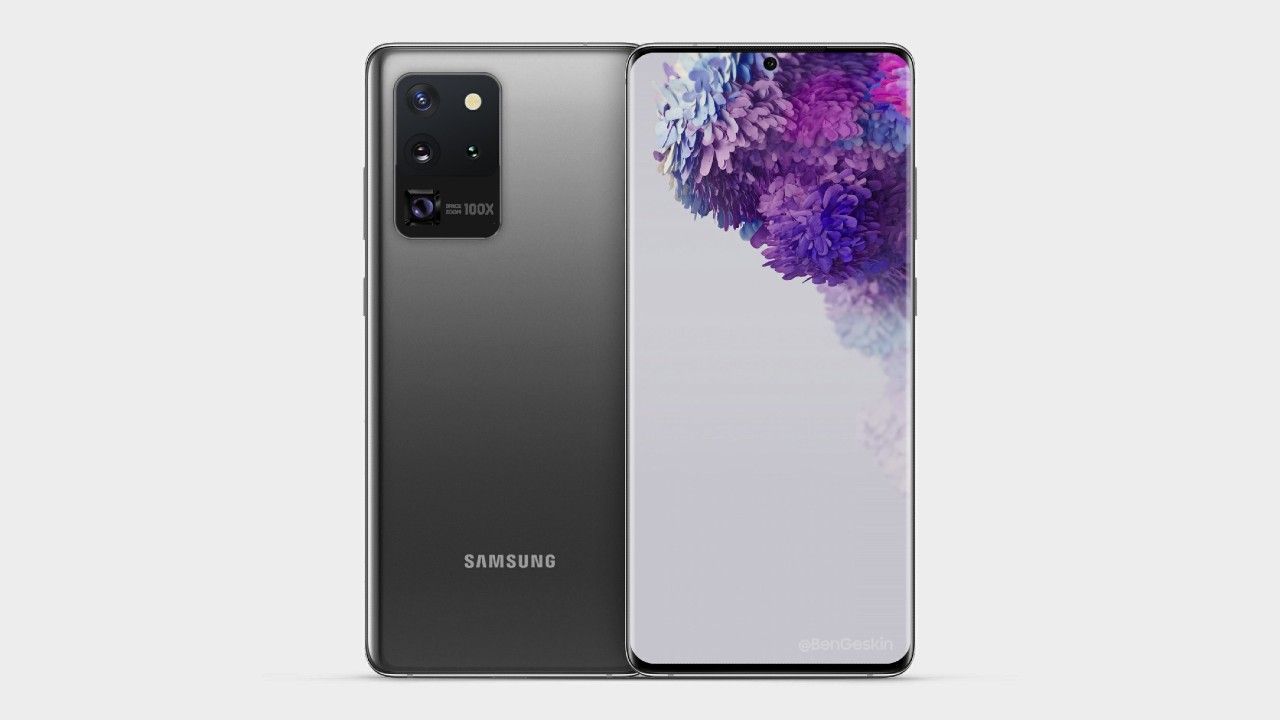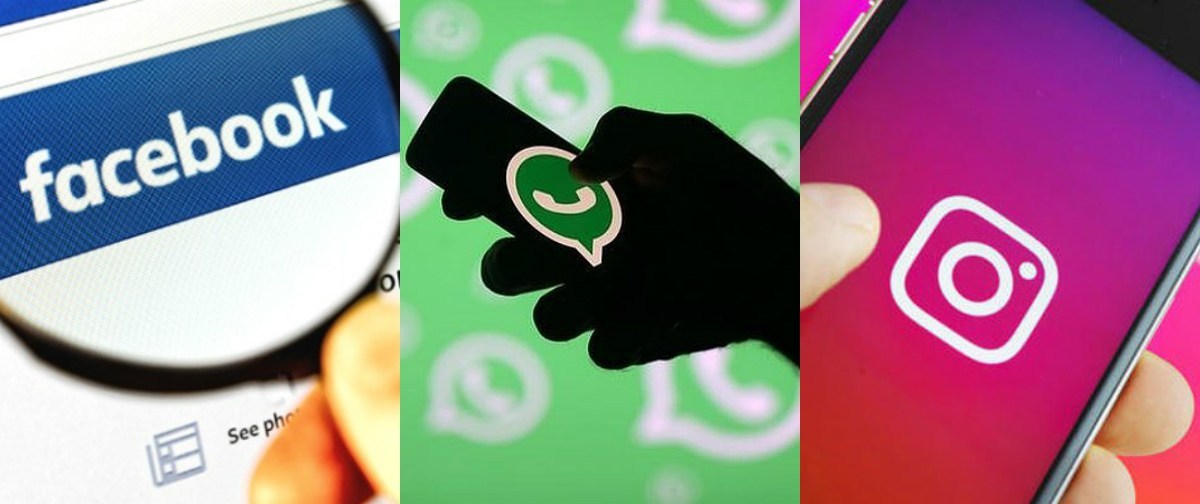Anaesthetic devices ‘flashed to hackers’
A type of anaesthetic machine that has been handled in NHS hospitals can be whacked and regulated from remote if left accessible on a hospital computer network, a cyber-security company declares.
A mastering enemy would be able to modify the amount of anaesthetic remitted to a patient, CyberMDX stated.
Alarms designed to alert anaesthetists to any danger could also be silenced. Yet, GE Healthcare, manufacturer of these machines, told there was no “direct patient danger”.
However, CyberMDX’s research advised the Aespire and Aestiva 7100 and 7900 devices could be targeted by hackers if left convenient on hospital computer networks.

Further examination ascertained varied sources online to the Aestiva and Aespire machines being handled in NHS Hospitals.
Nottingham University Hospitals (NUH) NHS Trust confirmed that “a small quantity” of the devices were presently in use at its equipment, but were being ruled out.
“Not even one of the anaesthetic machines are combined to the internet or the NUH network so there is a very little risk throughout these machines within NUH,” a spokesman confirmed.
A hateful hacker may try to augment access to a hospital’s network, place one of the machines and then adjust its settings, announced Prof Harold Thimbleby, an expert in medical device cyber-security, at Swansea University.
Moreover, he proffered the model of WannaCry, a ransomware revolution that grew through NHS computer networks in 2017, to illustrate how an attack could unfold.
“As with WannaCry, a phishing attack can obtain access and then an attacker can do what they wish”.
“Given the universal sketch of WannaCry, it is astounding vulnerabilities like this are still relatively.”
The likelihood of infliction being effected to a patient via any of the hacking devices was “astonishingly petite” said Dr Helgi Johannsson, consultant anaesthetist and Royal College of Anaesthetists Council Member.
“Patients are to be convinced that their anaesthetist will be monitoring them regularly, and will have experienced many years of practice to improve quickly the situation of a device malfunction.”
A spokeswoman toward the UK’s Medicines and Healthcare merchandises Regulatory Agency exempted reports of the cyber-security vulnerability were promptly role of a “continuing field of investigation”.
“Patient safety-catch is our largest priority and where specified we will take action to protect public health,” she continued.
Moreover, The US Department of Homeland Security’s Industrial Control Systems Cyber Emergency Response Team (ICS-CERT) has declared an advisory warning about the vulnerability.###






